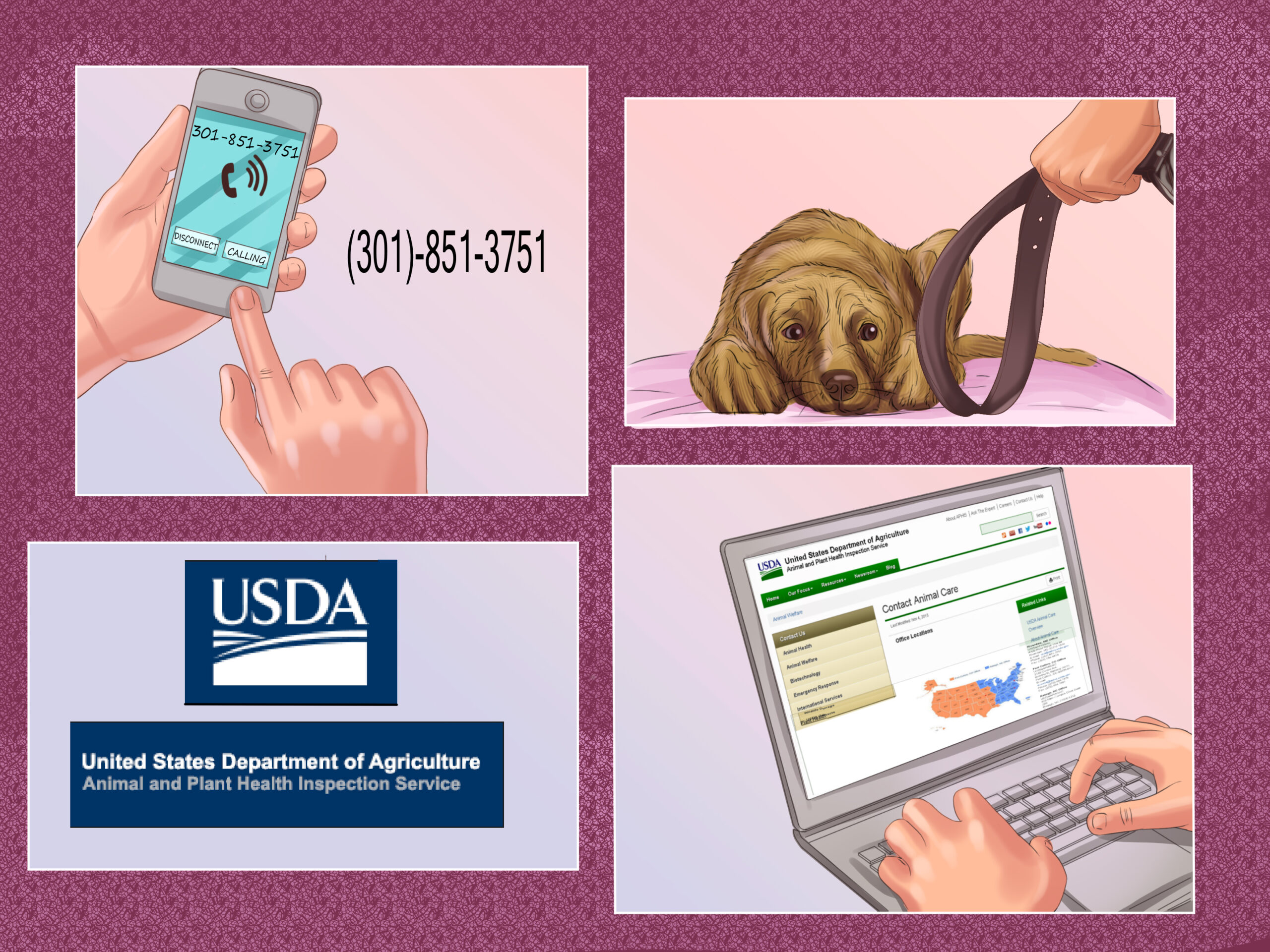Animal cruelty remains an insidious issue, affecting countless innocent creatures across the globe. It is paramount that we, as conscientious citizens, stand vigilant. In Michigan, awareness and action against such maltreatment have seen a rise, but many are still unaware of the proper steps to report it effectively. Understanding how to navigate the intricate framework of reporting animal cruelty can empower you to be a voice for the voiceless. This guide aims to equip you with a comprehensive understanding of the process.
First and foremost, recognizing the signs of animal cruelty is essential. Animals may show visible signs of distress, such as malnourishment, severe injuries, or inappropriate living conditions. Some might even exhibit a sudden change in behavior—withdrawn or aggressive. If you observe such indicators, your intuition should prompt you to take action.
Step 1: Gather Evidence
Before you proceed with reporting, it’s crucial to collect as much information as possible regarding the situation. Document your observations meticulously. Take photographs or videos that capture the conditions of the animal. Note specific details such as the location, date and time, and any descriptions of the abusive actions you witnessed. Detailed records can significantly bolster any claims you present to authorities.
Step 2: Know the Law
Understanding Michigan’s animal cruelty laws is pivotal. Under the Michigan Penal Code, animal cruelty encompasses a range of abusive behaviors, including neglect, abandonment, and torture. The law is designed to protect animals from any form of unnecessary suffering. Familiarizing yourself with these legalities increases your awareness, helping you articulate your concerns more effectively when reporting.
Step 3: Report to the Appropriate Authorities
In Michigan, you have several avenues to report animal cruelty. The first point of contact should often be your local animal control agency, as they are typically responsible for investigating such claims. Additionally, the Michigan Humane Society operates a cruelty investigation unit that handles cases statewide. Should you feel that immediate danger is present, contacting your local police department or legal authorities is advisable. They can intervene in urgent situations. Present your documented evidence and be prepared to provide detailed accounts of your observations.
Step 4: Contact Local Animal Shelters or Rescue Groups
Engaging with local animal shelters or rescue organizations can yield fruitful results. Many are equipped with resources and expertise to assist in cases of cruelty. A cooperative effort can enhance the provision of care for the affected animals and facilitate the reporting process. Organizations such as the Michigan Humane Society often provide support in navigating these complex situations and can guide you in ensuring the well-being of the animals involved.
Step 5: Follow Up
Once a report has been filed, persistence is key. It is your right to follow up on the status of the investigation. Authorities may not always provide updates proactively, so reaching out can ensure that your concerns remain on the radar. Demonstrating your commitment to the case may also inspire action from the relevant authorities.
Step 6: Raising Awareness
After taking steps to report, consider expanding your efforts to raise awareness about animal cruelty in your community. Engage in conversations with friends, family, and social networks, educating them on recognizing and reporting animal abuse. The collective power of informed citizens can lead to profound changes in societal attitudes toward animal welfare. Attend or organize community events focused on this issue to foster a culture of compassion for animals.
Step 7: Advocacy and Legislative Action
For those who are particularly passionate, consider advocating for stronger animal protection laws. The Michigan legislature periodically revisits animal welfare statutes. Your voice matters—contact your local representatives and express the need for stringent protections against animal cruelty. Mobilizing your community to support legislative initiatives can catalyze meaningful change at the state level.
It’s essential to remember that reporting animal cruelty is not just a legal obligation; it is a moral imperative. There is a unique bond between humans and animals, one that thrives on mutual respect and kindness. When you take a stand against cruelty, you are also promoting a culture of empathy and stewardship toward all living beings.
In conclusion, reporting animal cruelty in Michigan is a multi-faceted process that requires awareness, vigilance, and persistence. By following these steps, you can significantly contribute to the fight against animal abuse and be a champion for those who cannot speak for themselves. It is time to shift perspectives, cultivate curiosity about the plight of vulnerable animals, and take action that resonates far beyond our immediate circles. A single report can alter the course of an animal’s life; let your courage be the catalyst that spurs positive change. Together, united in resolve, we can strive toward a future where cruelty is no longer tolerated.








